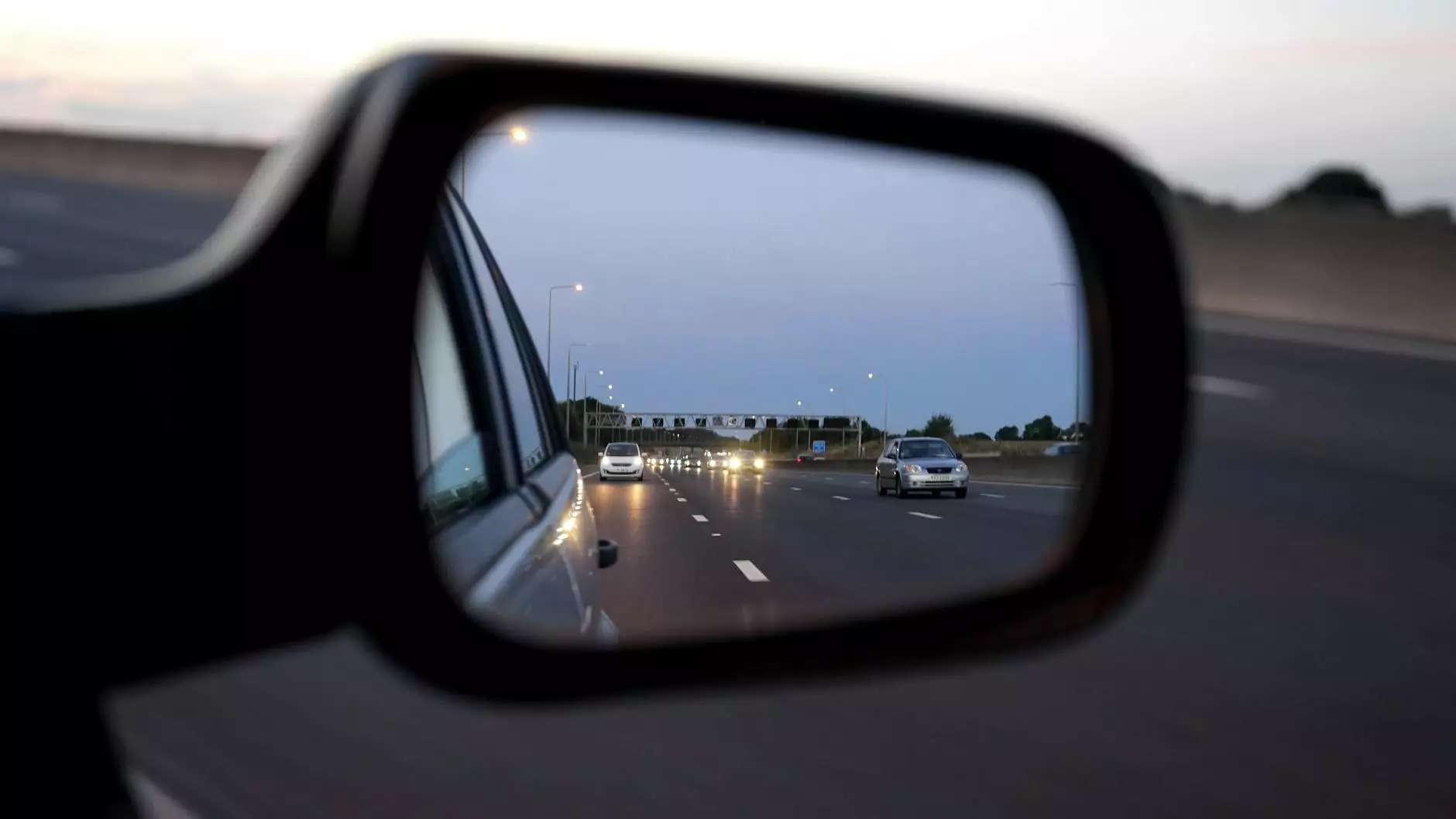The Rise of Black Millennials Church: A Transformative Movement

The Black Millennials Church is not just a religious establishment; it is a vibrant community that merges spiritual growth with social justice, empowerment, and cultural identity. As society evolves, so does the landscape of faith, and this demographic is redefining what it means to worship and engage with their spirituality.
Understanding the Demographic Shift in Religion
Over the last few decades, there has been a significant shift in religious attendance and engagement, particularly among younger generations. Black millennials are at the forefront of this change, challenging traditional norms and embracing a more inclusive, meaningful approach to spirituality.
- The Desire for Authenticity: Black millennials seek genuine experiences and connections within their faith communities.
- Social Justice Engagement: This generation is more socially conscious and wants their religious practices to reflect their values.
- Cultural Relevance: They desire churches that speak to their cultural experiences and narratives.
What is the Black Millennials Church?
The Black Millennials Church represents a new kind of church that resonates deeply with young Black professionals and students. It is characterized by:
1. Innovative Worship Practices
Services often incorporate contemporary music styles, engaging sermons, and interactive discussions that resonate with the congregants. This modern approach to worship attracts young people seeking a relatable and engaging experience.
2. Community and Connection
Churches catering to Black millennials prioritize building a strong sense of community. They create environments where individuals feel seen, heard, and celebrated. This familial atmosphere fosters deeper relationships among congregants.
3. Leveraging Technology
Utilizing social media and digital platforms has become essential in reaching and engaging millennials. From live-streamed services to interactive online events, these churches maximize technology to connect with their congregation effectively.
The Impact on Community Engagement
Black Millennials Churches are not just places of worship; they are hubs for community service and activism. Their focus extends beyond spiritual nourishment into tangible community improvement efforts.
1. Service Initiatives
Many of these churches organize outreach programs that address pressing community issues such as:
- Food insecurity
- Educational programs for youth
- Mental health awareness campaigns
2. Advocacy and Social Justice
Their leaders often stand at the forefront of social justice movements, advocating for change and addressing systemic issues impacting marginalized communities. This includes participation in protests, educational workshops, and partnerships with non-profit organizations.
Building a Stronger Future for Black Millennials
The growth of the Black Millennials Church represents a beacon of hope for many young Black individuals looking for a place where they can feel empowered spiritually and socially. This movement fosters leadership skills, personal growth opportunities, and a sense of responsibility towards the community.
1. Leadership Development
Many churches offer programs designed to cultivate leadership among millennials. These include:
- Mentorship opportunities
- Workshops on public speaking and community organizing
- Training in various church ministries
2. Cultivating Financial Literacy
Financial wellness is another critical area of focus. Churches are increasingly offering resources and workshops to help young adults manage their finances effectively. This focus on financial literacy helps millennial congregants to build a secure future.
A Look at Successful Black Millennials Churches
Various churches across the United States exemplify the dynamism of the Black Millennials Church movement. Here are a few notable examples:
1. Bridge Church, NYC
Located in New York City, Bridge Church is a prime example that engages young adults through modern worship, community service, and technology.
2. The Potter's House at One LA
This church emphasizes creativity in worship and extensive community outreach programs, aligning well with the millennial ethos of engagement and authenticity.
3. The Brooklyn Tabernacle
With a blend of traditional and contemporary worship, this church attracts a diverse congregation and offers extensive community service opportunities.
Challenges Facing Black Millennials Churches
Despite their success, Black millennials churches face unique challenges that they must navigate:
1. Resistance to Change
Traditional church structures may resist the more progressive methods that appeal to millennials. This resistance can hinder growth and engagement.
2. Ensuring Longevity
Establishing a lasting impact requires sustainable practices that extend beyond the initial enthusiasm of younger congregants. Ensuring financial stability and community support is crucial for these churches.
Conclusion: The Future of the Black Millennials Church
The Black Millennials Church is evolving into a powerful force within religious and social landscapes. By empowering young Black individuals, promoting community engagement, and embracing modern practices, these churches are shaping a future that is inclusive, vibrant, and socially conscious. The intersection of faith and activism creates pathways for profound change, not only for individuals but for entire communities.
As we look ahead, it is clear that this movement will continue to grow, inspiring others and reinforcing the importance of spirituality in shaping a just society. For the Black millennial, faith is not just about personal salvation; it is a catalyst for transformative community impact. To find out more about the initiatives and events happening at Bridge Church NYC, visit their website and join the movement!









